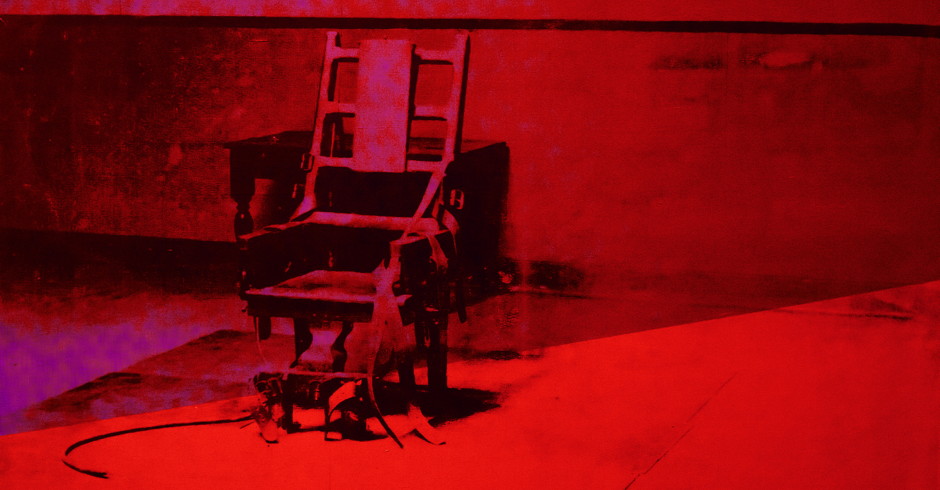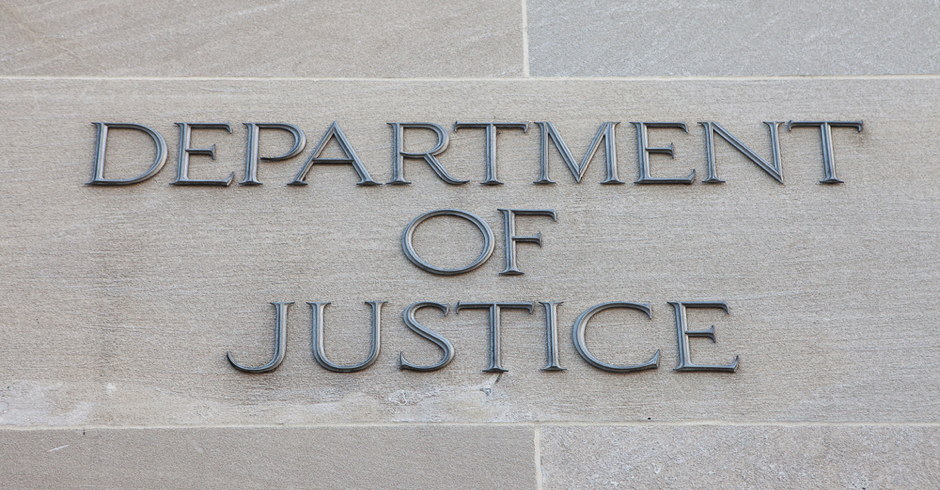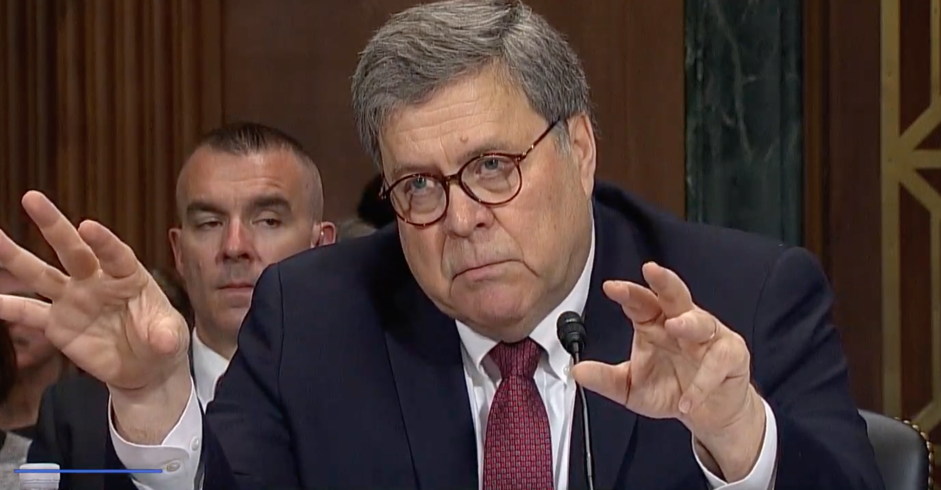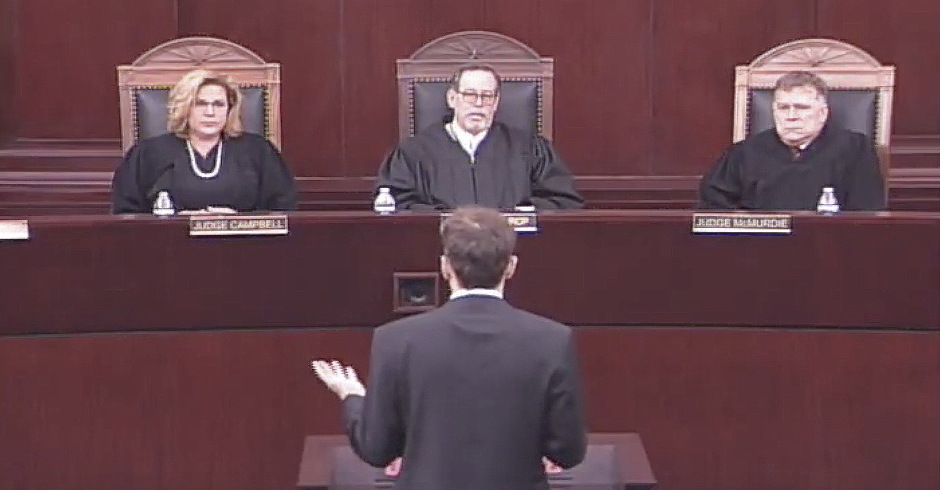DISCRIMINATION
SCOTUS Rejects Appeal of Gay Man Given the Death Penalty Because Jurors Thought He’d Enjoy Jail

The U.S. Supreme Court on Monday refused to hear the case of a gay man, Charles Rhines, who says he was given the death penalty because jurors thought sending him to an all-male prison for life would be “sending him where he wants to go,” to quote one juror. In other words, jurors allowed their prejudices of gay people to influence their decision.
“Before South Dakota jurors decided the fate of Charles Rhines in 1993, they sent a handwritten note to the judge. They had just found Rhines guilty of fatally stabbing 22-year-old Donnivan Schaeffer, an employee of Dig ‘Em Donuts in Rapid City, during a robbery a year earlier. But now they had some questions,” The Marshall Project reports.
“If they didn’t vote for the death penalty, what would his life in prison look like? Would he be ‘allowed to mix with the general inmate population’? Would he be able ‘to create a group of followers or admirers’? Would he have a cellmate?”
“There was lots of discussion of homosexuality,” one juror recalled, according to affidavits later filed in court. “There were lots of folks who were like, ‘Ew, I can’t believe that.’” Another juror said they “knew that he was a homosexual and thought that he shouldn’t be able to spend his life with men in prison.” A third recalled overhearing a fellow juror say that life in prison would mean “sending him where he wants to go.”
The State of South Dakota argued in its brief to the Supreme Court that homophobia in America has never been as harmful as racism.
“The state’s lawyers,” the Marshall Project continues, “argue that discrimination against sexual minorities has not been as destructive — and thus in need of policing by the courts — as racial discrimination. ‘No politician has ever proposed constructing a wall to keep homosexuals out of the country,’ the state’s brief says. ‘No civil war has been fought over [sexual orientation]. No nationwide pogrom has been perpetrated for the enslavement or eradication of homosexuals.'”
Discrimination doesn’t have to be equal to be harmful.
The State also argued that there were plenty of other reasons to preserve the death penalty decision, including Rhines’ own gruesome “bloodcurdling confession,” and inhumane actions.
Image by Thomas Hawk via Flickr and a CC license
Enjoy this piece?
… then let us make a small request. The New Civil Rights Movement depends on readers like you to meet our ongoing expenses and continue producing quality progressive journalism. Three Silicon Valley giants consume 70 percent of all online advertising dollars, so we need your help to continue doing what we do.
NCRM is independent. You won’t find mainstream media bias here. From unflinching coverage of religious extremism, to spotlighting efforts to roll back our rights, NCRM continues to speak truth to power. America needs independent voices like NCRM to be sure no one is forgotten.
Every reader contribution, whatever the amount, makes a tremendous difference. Help ensure NCRM remains independent long into the future. Support progressive journalism with a one-time contribution to NCRM, or click here to become a subscriber. Thank you. Click here to donate by check.
 |

















